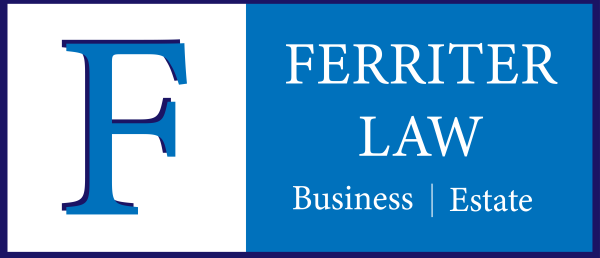During this pandemic, many business owners believed that valuable coverage they had purchased for the businesses would provide a source of some financial security. Prudent business entities purchased business interruption coverage to “indemnify the insured against losses arising from the inability to continue the normal operation and functions of the busines, industry, or other commercial establishment insured.” Annot., Business Interruption Insurance, 37 A.L.R. 5th 41 (originally published in 1996 & updated 2020). A typical event that has triggered this kind of coverage would be a fire or hurricane, or some other natural disaster that caused damage to business premises and closure of the business.
Today, more and more businesses have discovered that the claim to recover this valuable coverage is being denied by insurers. The need by the insurance industry to stop an anticipated onslaught of claims arising out of the pandemic is evidenced by the fact that “[i]in mid-March 2020, in response to inquiries from members of the United States House of Representatives, the CEOs of four leading insurance industry trade organization(s) jointly signed a letter stating, ‘Business interruption policies do not, and were not designed to, provide coverage against communicable diseases such as COVID-19,”‘ 32 No. 5 Cal. Ins. L. & Reg. Rep. NL 1, note 3. In response to this testimony and the growing demands by insureds to obtain coverage, several state legislatures have proposed new legislation that would mandate retroactive coverage for business interruption claims arising out of the response to COVID-19, including Louisiana, South Carolina, Illinois, Ohio, Pennsylvania, New Jersey, New York, Massachusetts, and Rhode Island.
While the precise issue for establishing coverage under a business interruption policy is always dependent upon the terms of the contract involved, several issues have already arisen between insurers and insureds.
Physical Damage
The first issue to establish coverage is for the claim to fall within the meaning of direct physical loss. A typical policy extends coverage when the suspension of the business is caused by “direct physical loss of damage to property at the described premises. The loss or damage must be caused by or result from a Covered Cause of Loss.” To date, most insurers have asserted that since the physical structure of the business premises has not been damaged, this coverage is not available. In Cooper v. Travelers Indem. Co. of Ill., No. C-01 2400-VRW, 2002
WL 32775680, at *1 (N.D. Cal. Nov. 4, 2002), aff’d, 113 F. App’x 198 (9th Cir. 2004), a case
Travelers litigated, the court held that the presence of E. coli constituted “direct physical loss or damage” to property even when the E. coli did not cause actual structural alteration or damage to the business owner’s business property. “Loss of use” of the premises may amount to “a direct physical loss of or damage to property.” Total Intermodal Servs. Inc. v. Travelers Prop. Cas.
Co. of Am., No. CV 17-04908 AB (KSx), 2018 WL 3829767, at *4/C.D. Cal. July 11, 2018).
2. Civil Authority
The next provision asserted by insurers to defeat coverage for a business interruption claim is based on the civil authority clause of the policy, which extends coverage when a business is closed by a civil authority. Here again, the policies typically require that the action of a civil authority be based on direct physical loss of or damage to the insured premises. The parties then revisit the arguments concerning whether the closure of businesses was caused by direct physical loss. Some civil authority provisions expressly require that there be a
“temporary, but complete, cessation of activity.” This requirement works a hardship on those entities that have suffered a significant decrease in revenues but have managed to operate on a greatly reduced basis.
3. Virus Exclusion
Another provision in some, but not all, business interruption policies is the virus exclusion. This provision was generally added after the HlNloutbreak as an attempt by insurers to exclude claims for business losses brought about by the closure of businesses. The enforceability of this exclusion raises many issues, including application of the “efficient proximate cause doctrine,” contract construction, and the actions of the insurance industry regulators.
Litigation surrounding coverage for business_ interruption has commenced in multiple jurisdictions, and at lea.st one request for class certification has been filed to allow for some consistency in the resolution of this complex insurance matter. A thorough analysis of the policy provisions and the pending legislation is a must for any claim implicating this coverage.

Leave a Reply